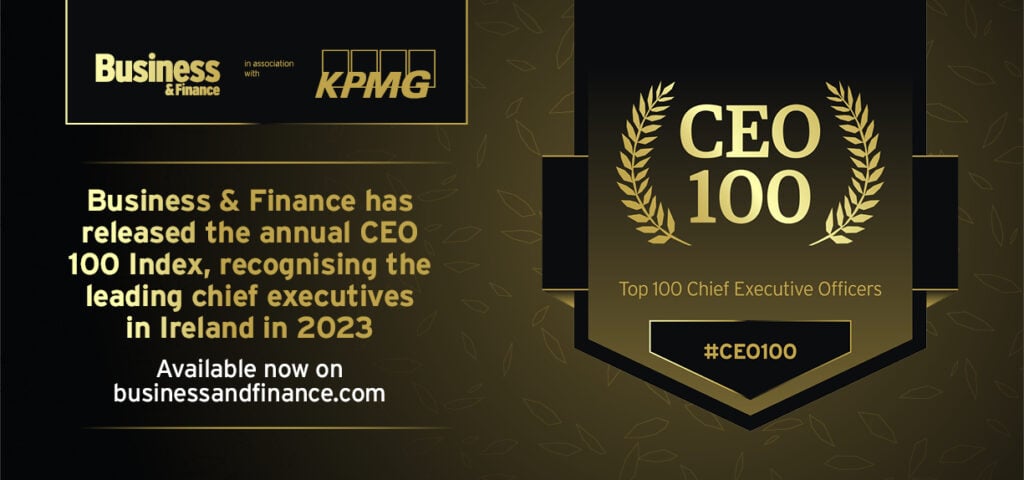By Eric Reyhle, VP, Business Development, GTreasury
Note to corporate treasury professionals: you’re no longer a member of the world’s oldest profession. So why are you still using the world’s oldest tool of the trade?
No, I’m not talking about that world’s oldest profession. I’m talking about accounting, about the go-to tool of all accountants, the spreadsheet.
There were accountants at work with their proto-spreadsheets nine thousand years ago, in ancient Mesopotamia. Back then, merchants recorded transactions on little clay tablets. Just two thousand years or so ago, in Rome, they kept Tabulae Rationum – twin sets of books that denoted purchases and sales.
We’ve all heard the story about how the merchants of Renaissance Italy, particularly in Venice, perfected the art of double-entry bookkeeping – made possible by their written ledgers, or spreadsheets that footed the bill – or else.
In more contemporary times, a spreadsheet known as VisiCalc was the very first ‘killer app’ for the new thing called the personal computer. Dan Bricklin and Bob Frankston launched the program in 1979 and sold more than a million copies for $100 each.
There’s one thing that all of those old-time record-keeping tools had in common: they kept score of games already played and of business that had already been transacted. That’s still largely true of spreadsheets in business today. They tell you what’s happened, but they don’t help you very much in your planning for the future.
No, make it two things in common. All of those old-time tools relied on human beings – those creatures that tend to make mistakes – to enter the data. It takes time to work with spreadsheets.
MANAGING RISK
A 2013 article in Treasury and Risk cites a survey of 3,000 spreadsheet users by Ventana Research. It indicates ‘about half [of those surveyed] acknowledge finding errors in spreadsheet data at least occasionally, while a third cite errors in spreadsheet formulas’.
So, with all those errors we have a go-to technology that should be a ‘gone-from’ technology. You, the treasurer, need help that you’re not getting from spreadsheets. You’re no longer in the world’s oldest job, the one dating back to Mesopotamia. You’ve moved beyond being a green-eyeshade accountant and scorekeeper.
You and your department have moved up from operations to strategy. That’s where you’re expected to bring the greatest value – including cash forecasting, risk management, and regulatory compliance – to your company. But to enable you to do that, you need to move away from manual-entry spreadsheets to a TMS.
That TMS will connect directly with your banking partners and will receive information directly from your ERP system. You’ll do away with time-consuming, error-prone manual processes. You’ll not only see your financial data, but you’ll also be able to understand the interrelationships of that data because the TMS integrates the information and enables you to perform forecasting and data analysis.
The ability to forecast brings the ability to manage risk. You’ll be able to minimise errors and lessen the chances for fraud while you direct, with confidence in the information at your disposal, the company’s market exposures, credit, and liquidity. You’ll have the ability to predict cash flow surpluses and shortfalls, and thereby invest smartly or borrow inexpensively.
All of those old-time tools relied on human beings – those creatures that tend to make mistakes – to enter the data
The reports you’ll be able to develop and generate at a moment’s notice will be much more accurate and timely than the ones you’ve been cobbling together from spreadsheets. This goes for the reporting you to do with both internal and external constituencies – including government regulators. Regulatory compliance is onerous enough; why make it more burdensome with reports that might be inaccurate?
So, is there still a place for spreadsheets? Of course there is. They are great at what they were designed to do; only nowadays, treasurers need more than what spreadsheets can deliver. They need timely, accurate information, all aggregated and visible on a single platform for use in operations, reporting, risk management, and analytics. Spreadsheets are simply too limited.
Spreadsheets do have several things going for them. First, everybody is familiar with them; we’ve all been using them for decades. The spreadsheet is still the lingua franca of the business world. It’s simple and economical. A move totally away from spreadsheets would be too wrenching for most financial pros.
And if you’re running a small business that is well established and does not need to analyse and manipulate an endless river of data, you can still get by with spreadsheets as your only financial technology.
TRACKING FUNDS
Imagine that you’ve moved out of that starter house, the one with the postage-stamp front lawn, no driveway, and a 15-foot front walkway. To keep the place looking neat, all you needed was a snow shovel for wintertime and a push-mower for cutting the grass in the spring.
But now you’re in a big house in the suburbs, with a circular driveway and a half-acre lawn. At minimum, you need a gas-driven power lawn mower and a 16-inch snow blower.
The big house is your job as treasurer, circa 2017. You had the same job title but lived in the small one until a few years ago. You’ll keep that push mower and the shovel – your spreadsheets – around for small, interim, one-off projects. But that’s all.
We’ll close by pointing out that, once again, the more things change, the more they stay the same.
A move totally away from spreadsheets would be too wrenching for most financial pros
Corporate treasurers and the other senior executives with whom they work closely are just like their predecessors back in the heyday of the Venetian Republic.
The eminent mathematician and buddy of Leonardo da Vinci Luca Pacioli described the merchants of his day in ‘Summa de Arithmetica’. This masterwork on double entry book keeping began with a section titled, ‘Particular of Reckonings and Writings’.
In that part of his treatise, Pacioli wrote that without a reliable system of tracking funds, ‘… it would be impossible for them to conduct their business, for they would have no rest and their minds would always be troubled.’
Sound familiar? If so, get some rest and ease your mind. Ditch those spreadsheets.
 A DENVER NUGGET OF INFORMATION
A DENVER NUGGET OF INFORMATION
Eric Reyhle is vice president of Business Development at GTreasury.
Prior to joining GTreasury, Eric has driven enterprise technology sales within financial services for over 15 years, directing sales activities for financial market data vendors and enterprise data management providers.
He is based in Denver and manages the Central and Western territories at GTreasury.




